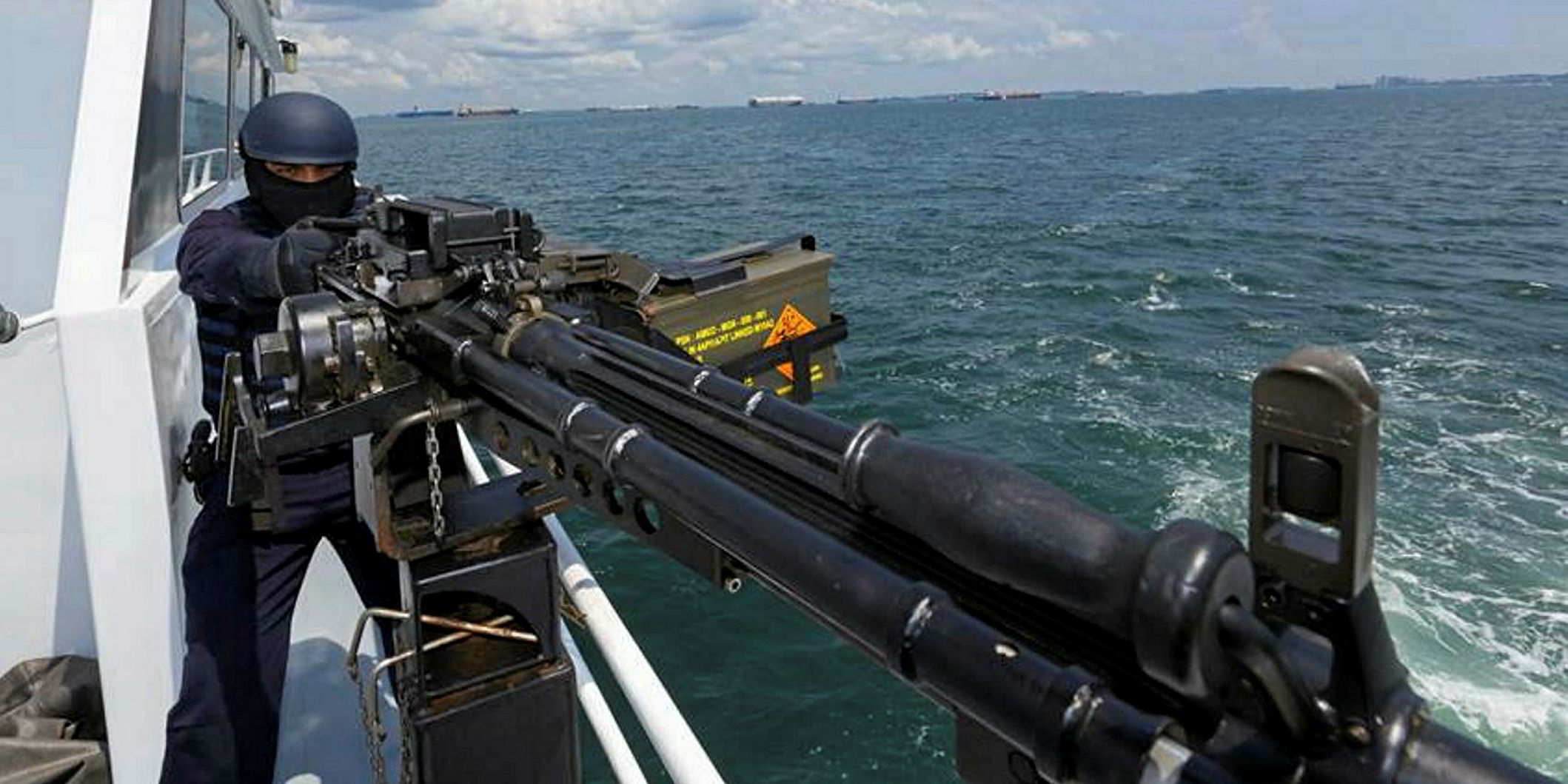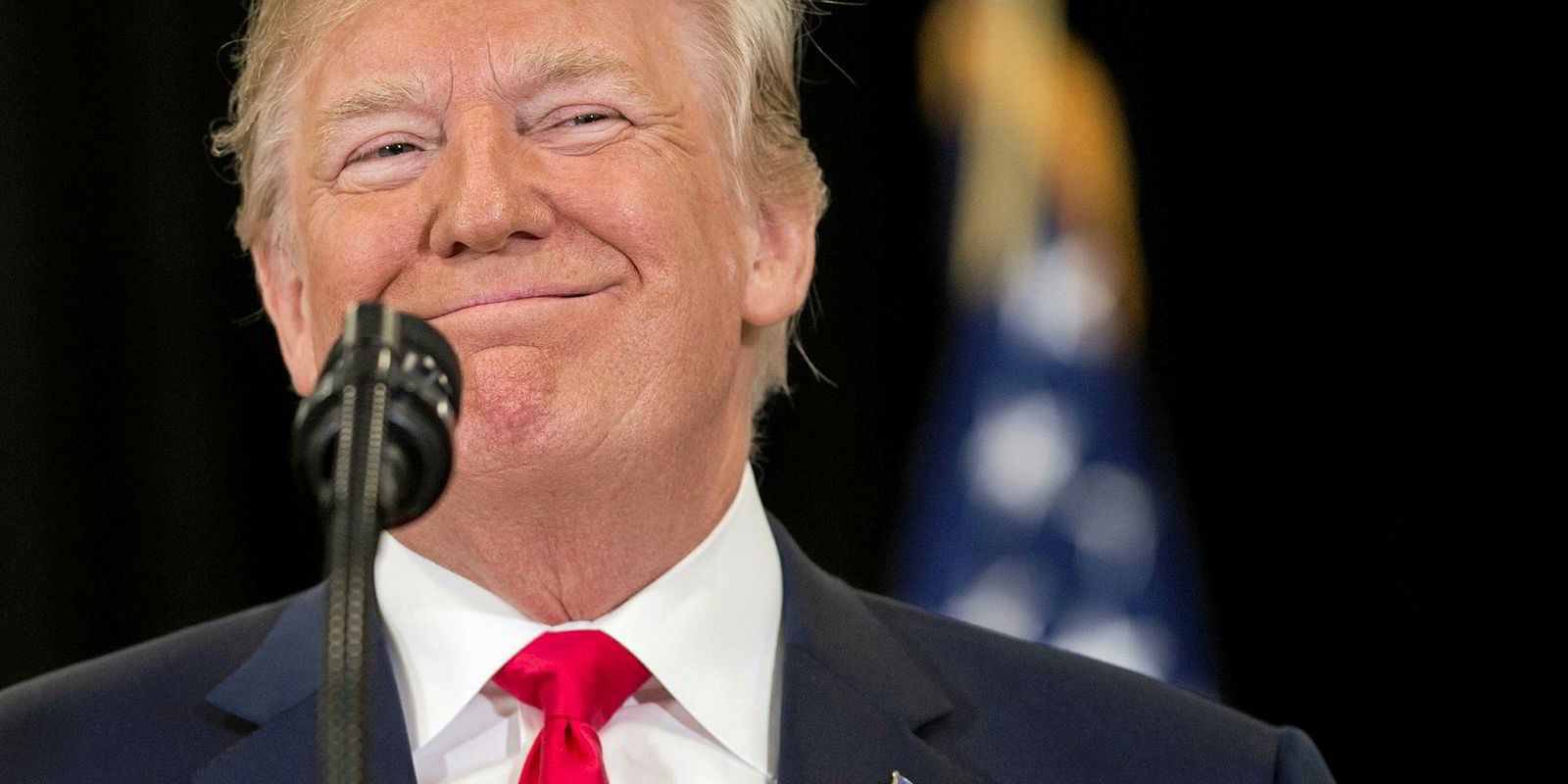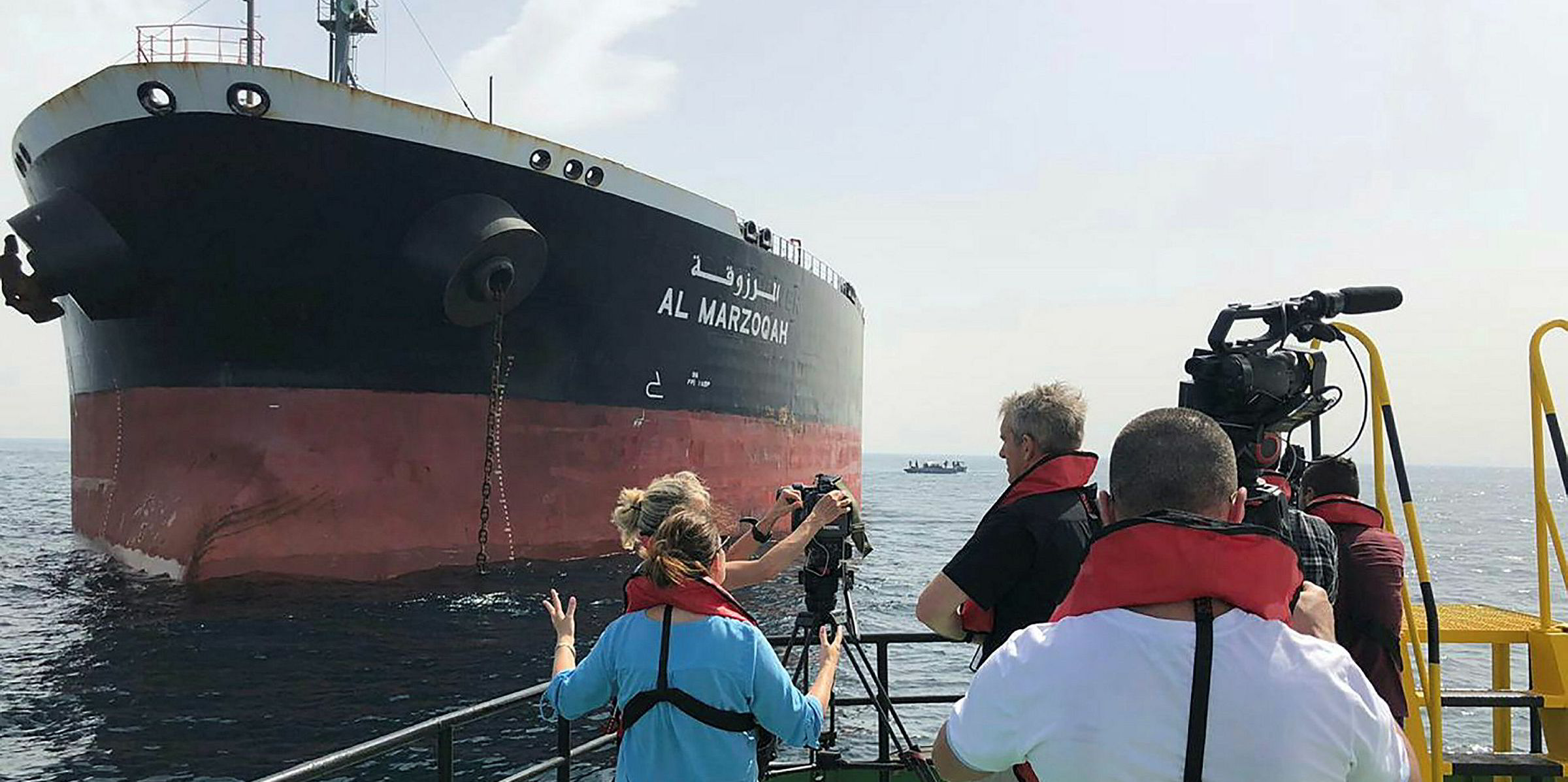Singapore’s defence chief has warned that increasing global maritime threats could jeopardise world trade and that more needs to be done to tackle new security challenges decisively.
“Collectively, we need to step up our intelligence efforts as the centre of gravity of global terrorism shifts away from the Middle East and moves to other regions of the world, including this region,” Dr Ng Eng Hen told delegates at the 12th International Maritime Defence Exhibition and Conference (IMDEX) Asia in Singapore.
His comments come just days after four tankers were attacked off the coast of Fujairah by unknown assailants.
While Ng did not comment on the incident, he highlighted the maritime security concerns that have implications on the global shipping lanes.
“There are dark storm clouds on the horizon that can threaten the global maritime commons and our shared prosperity,” he said.
“We need calm seas in this region to ensure that global commerce continues and good relations between countries are maintained.”
Dr Ng said traditional maritime threats persist, such as transnational maritime terrorism, piracy, armed robbery and the trafficking of drugs, weapons and humans.
But for other recently evolved security challenges, more work needs to be done, he added.
He revealed that during the Trump-Kim summit held on Sentosa in June last year, terrorist threats from the seas on the southern flank were described as “a concern”.
He said the Singapore Armed Forces (SAF) had to mount “considerable protection” against potential threats.
“Our Maritime Security Task Force worked closely with the Indonesian Navy to secure these waters,” he said.
Dr Ng also expressed concern over the different rules adopted by various countries that govern the use of the global maritime commons, not least the rules that relate to freedom of navigation but also extending to maritime territorial claims on fisheries and other resources.
“The number of military and law enforcement-related incidents has increased over the years. Even fatalities have resulted from disputes,” he said.
Dr Ng said the Asia region needed a “strong consensus” from all countries for common rules for the seas and their use.
“For the South China Sea disputes, the Code of Conduct (COC) can pave the way for agreement on international maritime norms and conflict prevention,” he said.
“It is good that ASEAN and China have come to an agreement on a single draft negotiating text, and all of us urge quick progress and an expeditious conclusion of a meaningful and impactful COC.”





